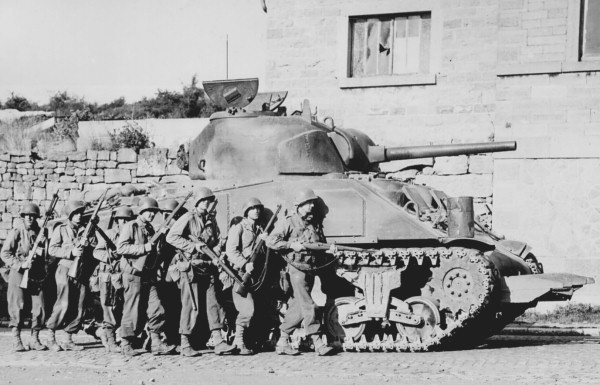Accomodation
Gargrave Autoharp Festival
Weekend of Friday May 31, Saturday June 1, Sunday June 2,
2013
Gargrave is a pretty
village, on the edge of the Yorkshire Dales, not far from the market
town Skipton. The main road through the
village is the A65. The Pennine Way,
long distance footpath, comes down to the village, before climbing to
Malham. The Leeds & Liverpool Canal,
one of the 3 trans-Pennine canals, goes through the village.
Gargrave has its own railway station, on the
Leeds-Morecambe line - which also connects with the Settle-Carlisle line. The local large and busy station is Skipton,
ten minutes drive away. If you travel by
train and you let us know your time of arrival, we can meet you with a car.
Remember that the Gargrave Village Hall is the main venue,
and the Masons Arms, Gargrave, is our main pub.
See the simple map on
The Masons Arms does not seem to want an apostrophe...
Accomodation
A: Gargrave
1.
Masons Arms - pub and B&B
John Baker, the landlord, is very helpful and supportive.
Tel: 01756 749 304
2.
River Cottage B&B
Kath and Keith Bradley, very helpful and supportive.
Contact Information
Tel: 01756 749541
Email: keithbradley1953@yahoo.co.uk
3.
The Old Swan Inn - pub and B&B
The future of this pub is not really clear - various
refurbishments are planned, and the position might be clearer before May 2013.
Check the state of play by phoning Tel. 01756 749232
4.
Premier Inn
The Premier Inn, run by Leanne Richardson, is on the
western edge of Gargrave, where the A65 crosses the Leeds & Liverpool
Canal. It shares a site with the Anchor
Inn, a Brewers Fayre pub restaurant.
There is a safe walk to the centre of the village, along the towpath.
B: Camp and
Caravan
Generally caravan and camper van people have their own
contacts and lists. But, briefly, Eshton
Road Caravan Park is quite small, on the eastern edge of Gargrave, next to the
Leeds & Liverpool Canal. There is an
easy walk into the village, along the canal towpath.
Eshton Road Caravan Park
Eshton Road
Gargrave
Skipton
North Yorkshire
BD23 3PN
Contact Details
Tel: 01756 749229
Fax: 01756 748060
There are many other Camp and Caravan sites nearby, in
Skipton and in the Yorkshire Dales generally.
C: Further Afield
Skipton is nearby, and has very many hotels and B&Bs,
of every standard... See
...and many other web sites.
Gargrave is about 10 minutes drive from the centre of
Skipton. There is a Travelodge on the
Gargrave edge of Skipton, on the Skipton by-pass - so 5 minutes drive. The Travelodge is a bit isolated. On the bypass.
If you do book accommodation in Skipton make sure that
the parking problem is solved. The more
established hotels, like the Heriot and the Rendezvous, have their own car
parks. Otherwise, parking in Skipton is
annoying and/or expensive.
Near to Gargrave, but NOT walking distance, are other
possibilities - depending on budgets.
For example
The Coniston Hotel
Newton Grange
All of the villages and towns around Gargrave, especially
within the Yorkshire Dales, have hotels, B&Bs, camp and caravan sites. There are also many holiday cottages, but
they are usually let through agencies/web sites, and usually by the week. Weekends are sometimes available - I am
trying to talk directly to the holiday cottage owners through our local
contacts, but cannot promise anything.
For those in an extravagant or adventurous mood it is
possible to hire a canal boat in Skipton, or nearby, bring the boat up the
locks and moor in Gargrave. But canal
boat hire is not cheap.
For those who want to experience the most beautiful
stretch of canal in England... I will be
bringing my boat down from Barnoldswick (pronounced Barlick)
to Gargrave a few days before the Gargrave Autoharp Festival, and we can take
about 8 passengers. The journey takes a
whole day by boat, 20 minutes by car.
Patrick O'Sullivan

